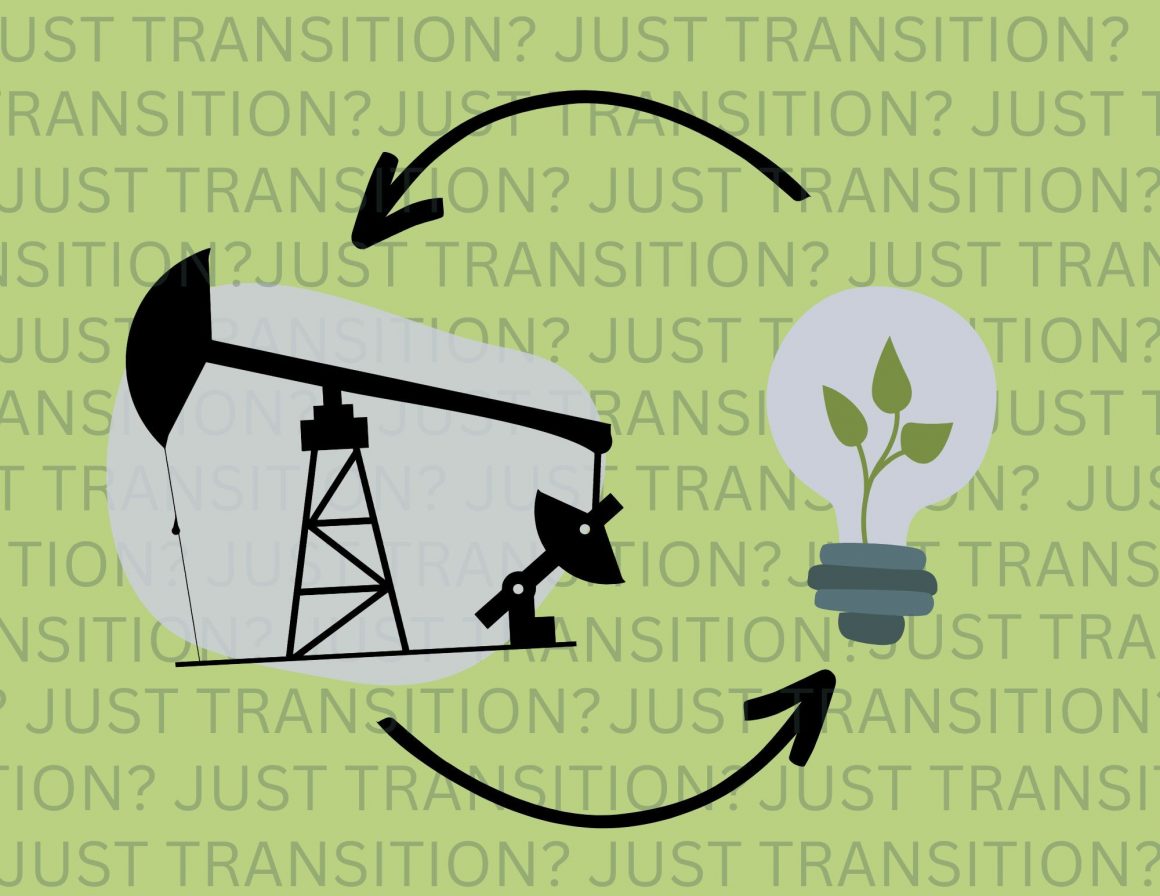
Energy transition is our current reality
By Allan Birkett, March 13 2023—
Energy transition is an inevitability. What is in our hands is our role in shaping its trajectory, especially as Albertans. The Canada Energy Regulator has concluded that Alberta has the second highest level of greenhouse gas emissions per capita in Canada, at three times the national average. Of these, 52 per cent are attributable to oil and gas production, the industry most under fire by the Liberal government’s proposed Just Transition legislation.
But what is the so-called Just Transition? The proposal is the product of a set of federal government consultations that concluded in April of last year, which encompassed 17 roundtable meetings with provincial governments, Indigenous groups, scientific experts, unions and industry leaders, as well as over 30,000 written submissions from everyday Canadians. Drawing from this dialogue, the government put together a framework for a low-carbon future.
The goal is to transition economies away from fossil fuel dependence while helping workforces to graduate from fossil fuel extraction to green energy jobs. Minister of Natural Resources Jonathan Wilkinson announced in early 2023 the federal government’s intention to introduce a Just Transition bill in the House of Commons. This has been met with fierce opposition in Alberta, from politicians across the political spectrum.
Much of this opposition fails to realize that public opinion supports the notion that energy transition is inevitable. A 2020 Abacus Data poll found that 75 per cent of Canadians feel it is a necessity for a healthy and prosperous environment here at home and around the world. More surprisingly, perhaps, is that even in oil-rich Alberta, that number sits around 60 per cent. Albertans are aware of the damage the tar sands have on regional biodiversity and their contributions to global greenhouse gas emissions. Global social trends have contributed to this majority opinion, but so has thorough research proving the economic efficiency of energy transition policies.
In 2022, the Institute for New Economic Thinking at Oxford University found that a global economy built entirely on clean energy would yield $12 trillion in savings over the next half-century. In other words, not only would transitioning to green energies be environmentally sound, but also financially logical. This trend can be interpolated to Alberta. A 2022 joint investigation by researchers from the London School of Economics and Oxford concluded that as states seek carbon neutrality and demand for fossil fuels plummets worldwide, high rates of unemployment and decreased public revenues are on the horizon for Alberta unless the province transitions in the next decade. This isn’t a matter of if Alberta decides to transition to green energies, but when our province decides to catch up to other jurisdictions across the globe.
Furthermore, most Albertans recognize that energy transition is not aiming to punish Alberta workers for the industries they work in. Economic diversification is front-and-centre, since reducing reliance on the global oil market will not only favour the environment, but also pad the provincial economy in the coming decades. Through consultations, the federal government has collaborated with field workers and Indigenous populations to design what Louisa Da Silva called a “soft landing” for fossil fuel workforces in an interview with CTV News Edmonton. Da Silva, executive director of industry non-profit Iron and Earth, approaches the policy with nuance. She believes that existing energy infrastructures will be critical to building a sustainable renewables sector in Alberta, and that the legislation will grant public-civil society partnerships the time and financial resources needed to ease transitioning workforces.
Despite scientific evidence and substantial public support, Alberta lawmakers continue to oppose the bill. This has created a roadblock to achieving the forward-thinking change needed to build a renewable energy-based economy. The UCP government is unwavering in its resistance. Premier Danielle Smith has branded the policy as a polarizing tactic and spreading misguided fear about job loss. Environment minister Sonya Savage has furthered these claims, arguing that a full transition will be in order once renewables are more efficient and effective, despite evidence that they already are. The provincial government is mortified of potential upheaval by top UCP donors in the fossil fuel industry, including CEOs and board members of corporations like Cenovus.
Even the NDP opposition has shied away from propping up the relatively moderate federal plan. NDP leader Rachel Notley has called the emissions targets contained therein “unrealistic” and impractical for Alberta’s economy. The NDP too is concerned about the political costs of denying support to an archaic, but still entrenched industry in battleground Calgary ahead of the 2023 election. The chance to form government is on the line, and with razor-thin margins separating the NDP and the UCP in recent polls, cost-benefit calculations take precedence over ethical environmental decision-making.
Energy transition is here, and it isn’t going anywhere. We have the power to support a vision that aligns with the majority view on tackling the climate crisis, beginning with reducing our emissions contributions. A shift to innovative, renewable energy sources would expand the job market and cushion the economy in the face of a global oil price slump. Albertan politicians must give up tired, unfounded rhetoric and instead become part of a wider conversation to succeed in the face of inevitable transition. Otherwise, we’ll get dragged along and wish we had acted sooner.
This article is a part of our Opinions section and does not necessarily reflect the views of the Gauntlet editorial board.
